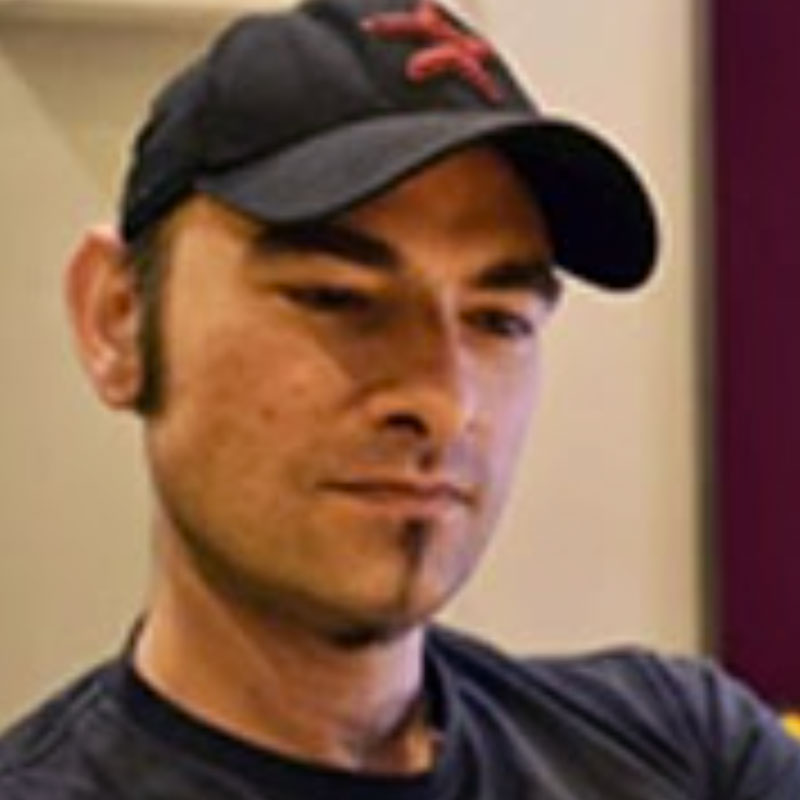The connection between brainwaves (periodic electrical signals from the brain) and the state of a subject’s consciousness has been widely investigated and established. As music therapy (MT) interventions are increasingly employed in substance addiction rehabilitation programs for the management and counterbalance of negative affective and mental states, this presentation introduces the potential added therapeutic benefits of binaural beats (BAB), as a means of brainwave entrainment, inactive MT interventions for drug addiction treatment. The results seem to imply that binaural beats may be capable of enhancing the therapeutic impact of MT during drug addiction treatment.
Presentation Description:
A double-blind pilot study is presented. The participant will be informed about the methodology and results of the study, which was held in the ARGO rehabilitation facility in Thessaloniki, Greece, for volunteers with substance abuse disorder.
We combined listening to BAB via headphones with a music therapy protocol, to explore the effects of BAB on the distress, anxiety and craving levels of drug-addicted individuals, as well as on their cardiovascular functions. During the intervention, half of the volunteers listened to binaural beats enriched with “theta” waves and pink noise via headphones, while the other half listened only to pink noise.
The participants will be presented with a short background literature review and an introduction to the binaural beat concept, together with a description of the methodology. Results and potential for future research will also be discussed.
Learner Objectives:
- To inform the learner about innovative trends in music therapy
- To inspire the music therapist to expand his/her approach in a more flexible frame for the benefit of the therapeutic goals
- To encourage and discuss a combinational approach of music therapy with other applied psychology and music technology tools
Target Audience:
Students, Entry-level professionals, Experienced professionals
Presenter Biography:
Andreas Asimakopoulos is a graduate of the Department of Electrical and Computer Engineering of the Aristotle University of Thessaloniki. He has a Master’s degree in Music Technology (MSc) from the University of York, and in Music Therapy (MA) from the University of Macedonia. He is a professional music producer, music technology trainer and music therapist.
Dr. Jörg Fachner is Professor for Music, Health and the Brain and Co-Director of the Cambridge Institute for Music Therapy Research at Anglia Ruskin University, Cambridge, UK; He is researching music and consciousness states, music therapy and treatment of addiction, depression, and in neurorehabilitation; currently investigating hyper-scanning of clinical improvisation.



